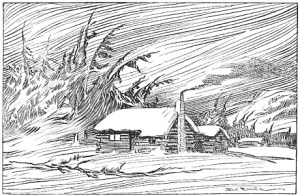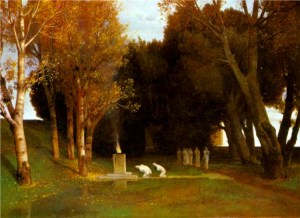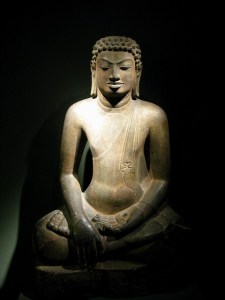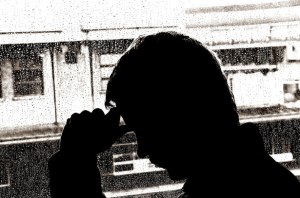In their book, Buddhism and Jungian Psychology, analysts J. Marvin Spiegelman and Mokusen Miyuki (who is also a Buddhist priest), mention the danger of “stagnation” following the integration of unconscious contents. This sounds a lot like the stage on the journey to enlightenment the mystics have famously called “the dark night of the soul.” It is the point where a seeker has seen the light, so to speak, but cannot quite believe it yet. This period of deeply troubling doubt and hesitation lasts for an indeterminate length of time until a sufficient level of acceptance has been reached to allow the final enlightenment to dawn, whereupon the ability to feel confident and to act is restored.

The dark night of the soul is a lengthy period of deeply troubling doubt and hesitation. It ends when a sufficient level of acceptance has been reached to allow the final enlightenment to dawn. (Image: public domain)



